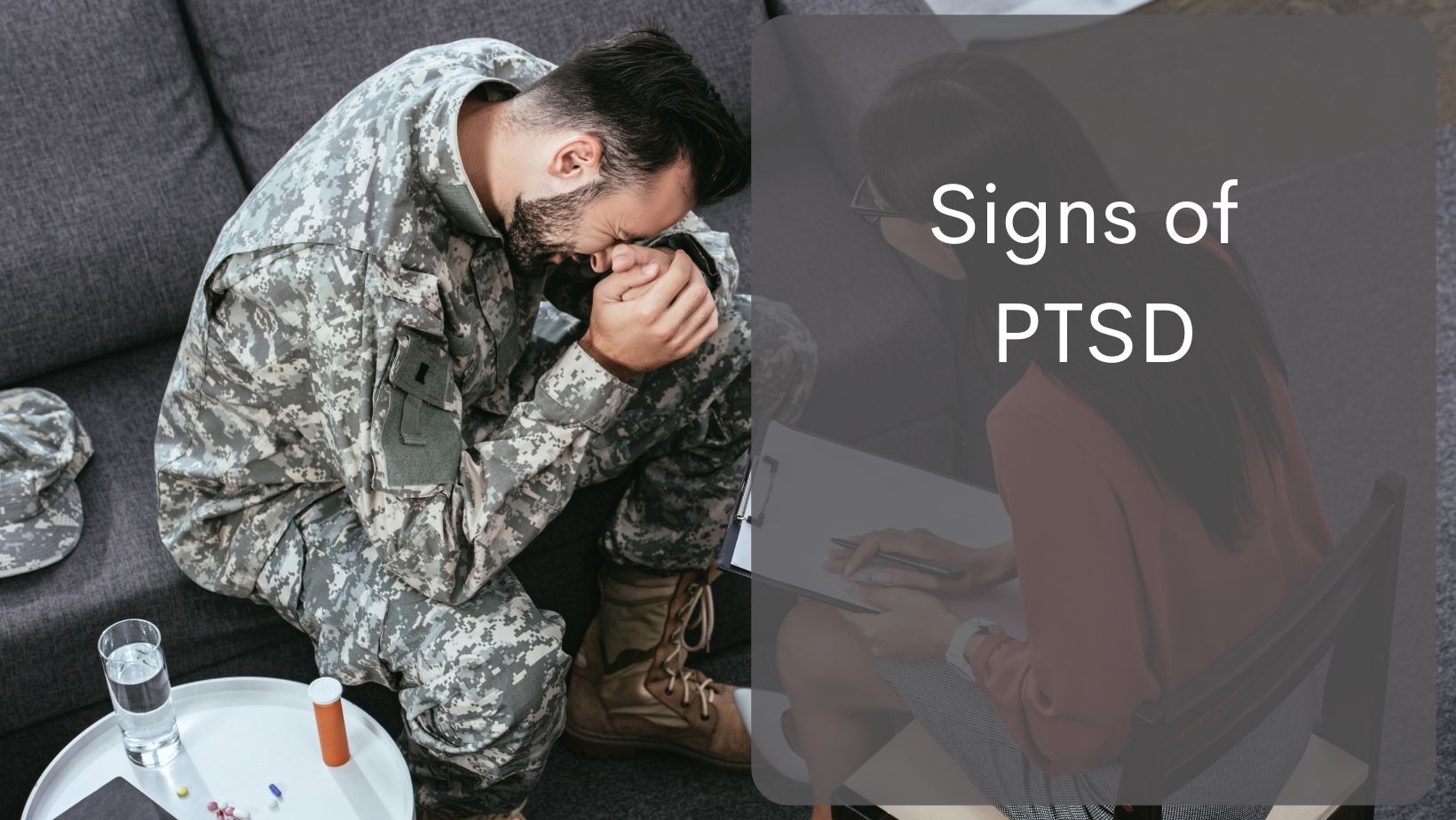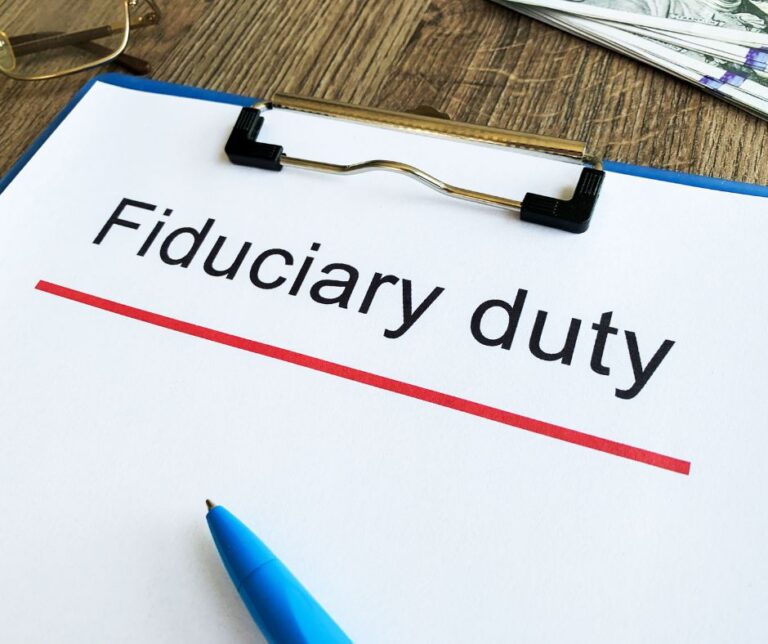Signs of PTSD
Today we are going to take a closer look at the signs of Post-Traumatic Stress Disorder (PTSD). It’s crucial to recognize these signs early on so that appropriate support and treatment can be sought. Remember, only a qualified mental health professional can diagnose PTSD, but being aware of the common signs can help you or someone you know take the necessary steps towards seeking help. Here are some key signs to be mindful of:
- Intrusive Memories: Individuals with PTSD often experience intrusive memories of the traumatic event. These memories can be distressing and can manifest as vivid flashbacks or nightmares. The person may feel as if they are reliving the trauma, with the associated emotions and physical sensations.
- Avoidance and Emotional Numbing: The avoidance of people, places, activities, or events that remind the person of the traumatic experience is one of the defining symptoms of PTSD. They may actively avoid speaking or thinking about the occurrence since it causes them great grief. This avoidance can lead to feelings of emotional numbing, in which the person finds it difficult to experience happy emotions or form meaningful connections.
- Negative Changes in Thoughts and Mood: PTSD often leads to negative changes in an individual’s thoughts and mood. This can include persistent negative beliefs about oneself, others, or the world. They may experience distorted thoughts, excessive guilt, shame, or self-blame. There may be a persistent sense of fear, horror, or anger. Feelings of detachment, estrangement, or a loss of interest in previously enjoyed activities are also common.
- Hyperarousal and Reactivity: Individuals suffering from PTSD may demonstrate indicators of increased arousal and responsiveness. Exaggerated startle response, hypervigilance, and difficulty concentrating or sleeping can all be symptoms. They may be easily irritated, have angry outbursts, or engage in risky or dangerous activity. These symptoms might have a substantial impact on their everyday functioning as well as their interpersonal interactions.
- Physical and Psychological Distress: PTSD can manifest in a variety of physical and psychological symptoms. Physical symptoms may include headaches, gastrointestinal issues, increased heart rate, or sweating. Psychologically, individuals may experience anxiety, depression, feelings of hopelessness, or a sense of impending doom.
- Changes in Social and Occupational Functioning: PTSD can disrupt various aspects of a person’s life, including their social relationships and occupational functioning. They may withdraw from family and friends, isolate themselves, or have difficulty trusting others. The symptoms can interfere with work performance, leading to problems with concentration, memory, and decision-making.
It is critical to remember that the indications and symptoms of PTSD can differ from person to person. Some people may display all of the symptoms listed, while others may only exhibit a few. Furthermore, the severity and duration of symptoms can vary. If you or someone you know exhibits these symptoms for more than a month, it is critical that you get professional care from a trained mental health practitioner.
Early intervention and appropriate treatment can make a significant difference in managing and recovering from PTSD. Remember, you don’t have to face this alone. Reach out to mental health professionals, support groups, or trusted individuals who can provide the support and guidance needed for healing.







